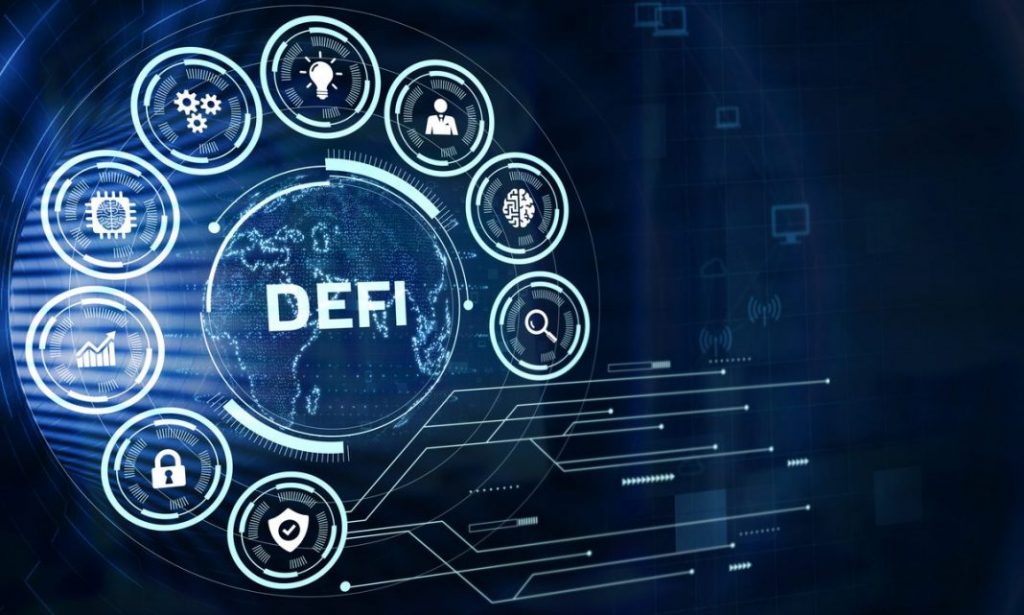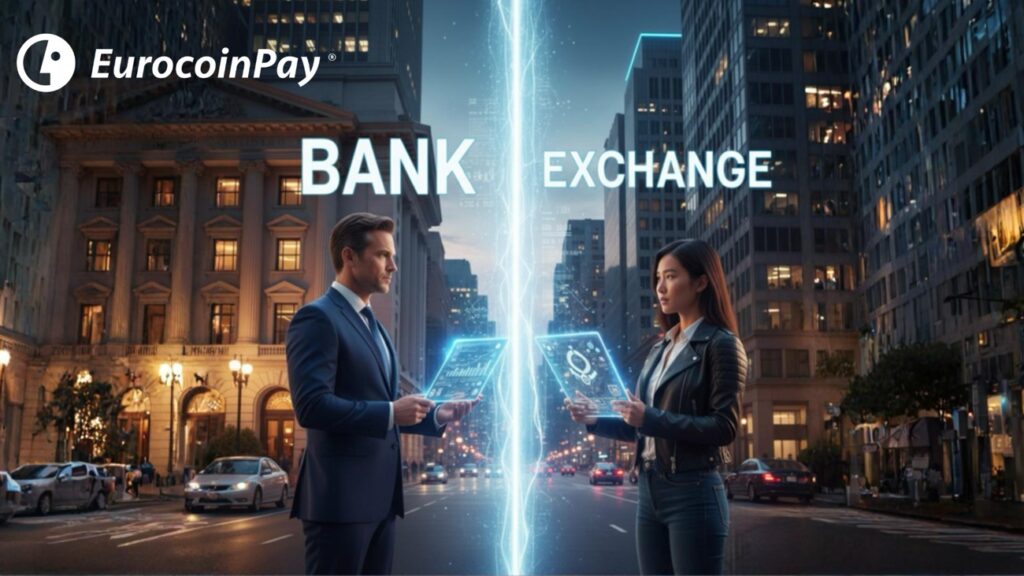The earthquake that has shaken the world of cryptocurrencies in the last week has caused losses for many investors who had placed their trust in projects such as Terra and its Luna token. The crypto ecosystem, stablecoins (coins that maintain their parity with others to reduce their volatility) and DeFi (decentralised finance), many of which maintain their protocol associated with these stablecoins, are now in the spotlight.
The novelty of the system and technology, a premeditated attack and the increased susceptibility of the algorithm are some of the explanations given by experts for the tragic week that has shaken the crypto market. “We are in a moment of experimentation, we have really been using this technology for just over ten years. Many alternatives and proposals have been emerging that have built a very creative ecosystem”, explains Iñigo Molero, head of communications at Ethichub to Inversión.es.
Herminio Fernández de Blas, CEO of EurocoinPay (a cryptocurrency trading platform), believes that part of the problem lies in the false information that is given in some cases to sell profitable projects. “What is happening is that the systems and projects that are being sold as DeFis are not decentralised at all. So there is a part of risk that is being reflected these days with what has happened with Terra and its USDT currency.”
THE ‘DEFI DEGENS’ PROBLEM
But in this new financial world, which has little regulation for now, there are problems related to bad practices that trap the unwary with promises of quick and easy money. “Within the ecosystem, it is true that a figure has emerged, the ‘DeFi degens‘, the degenerates of decentralised finance, who offer extremely high returns in some protocols, but which have been shown to be unsustainable,” says Molero.
This is a subculture within the world of decentralised finance, whose members tend to meet in Telegram and Discord channels to share information about new projects that are often considered scams. In contrast to this concept, at Ethichub they use the term ‘DeFi regens’, which refers to those who support projects aimed at creating tangible value, with an impact on the real economy. In the case of Ethichub, its platform operates on the Ethereum blockchain and helps investors to finance small farmers in underbanked countries, who pay interest of less than 20% through this system, with the promise of an 8% return on their investment.
“There are proposals like ours that are different, because what you are creating with your money is something real and tangible. We have wonderful tools in DeFi, but we have to apply them with common sense and then we will see which proposals succeed and which don’t. In our case, we bring money to the real economy. In our case, we bring money to the real economy, but others, due to lack of design or confidence, collapse from one day to the next”, says the expert.
TERRA DROP AND REGULATION
“When you start such a new system, there are always going to be problems and people with bad intentions. It seems that Terra was not even a pyramid, but a predetermined attack that they were unable to withstand. Terra tried to sell all the Bitcoin assets it had to cope with the avalanche that came upon it and was unable to do so. In the traditional system it would be the same, if tomorrow all its customers go to a bank to withdraw all their assets, it may not be able to cope with the situation,” explains Herminio Fernández.
For the CEO of EurocoinPay, this situation will be corrected in the future through regulation. “Little by little, through legislation and regulation that is being promoted by the European Economic Community, all of this will be controlled like traditional systems, but in a much more open and reliable way. But above all, there will be much more freedom to operate between parties. It is not as regulated as it should be and these systems are going to receive very important attacks without knowing where they are coming from,” he says.
“That is why investors need information, in the same way as when investing in stocks or forex. You have to know the risks and be careful. With cryptocurrencies you can lose everything you have invested, as you can with any other investment system, and regulation is going to give a very important layer of security to the ecosystem,” he adds.
For his part, Molero says that since it is a very new system, it is still normal for this kind of thing to happen. “It is still very new and 80% of the things we see today may not make sense or may fail. Because they haven’t practically applied decentralisation, because it has been very pioneering or because there really wasn’t that business demand,” he argues.
THE POTENTIAL OF THE DEFI
Even so, experts believe that the financial technology that proposes a decentralised model for the exchange of securities, among others, is here to stay and that the potential of DeFi offers many advantages. “What DeFi is enabling is person-to-person trading without intermediaries. The system we know today is fallible because it gives part of the money to a third party, something that produces mistrust. This will be corrected by decentralised platforms, which we believe will soon be 100% decentralised, and then what happened with Terra will not really happen,” says Fernández.
“The advantages also include the speed of transferring money from one part of the world to another free of charge. That would be unfeasible in today’s international transactions through financial institutions. It is now possible to send value over the internet quickly and free of charge. But undoubtedly this is here to stay. It is possible that today the next Facebook, Amazon or Google is being built around blockchain technology and what is successful is going to be incalculably successful,” Molero points out.
In this sense, trust, transparency and the freedom to operate without the need for third parties are factors that experts highlight as the main catalysts in the development of DeFi. “Through DeFi, you don’t hand over your money to anyone, you are the one who moves it and you are the one who withdraws it. The blockchain allows you to have a public record of everything you do. That is why what is to come is unparalleled and will change the rules of the game as we know it now,” concludes Herminio Fernández.
Source: inversion.es
Disclaimer: The information set out herein should not be taken as financial advice or investment recommendations. All investments and trading involve risk and it is the responsibility of each individual to do their due diligence before making any investment decision.




